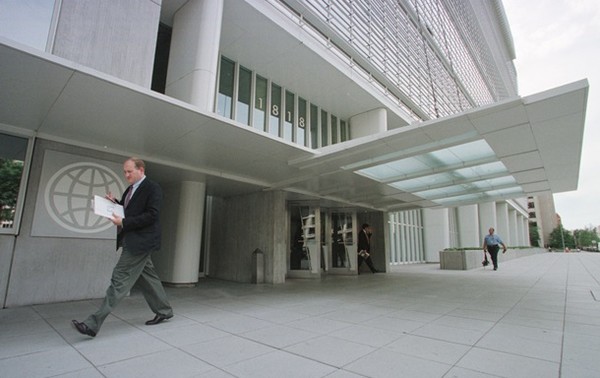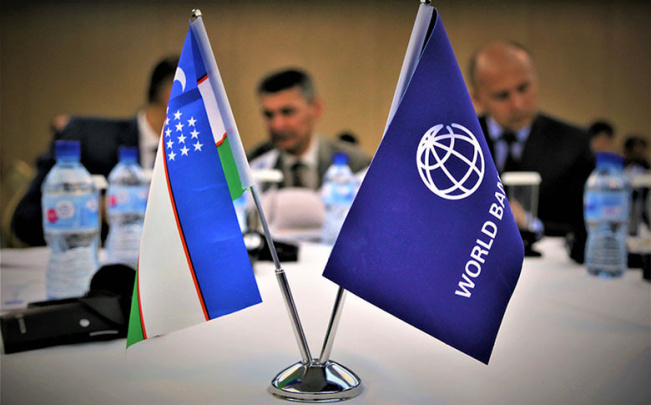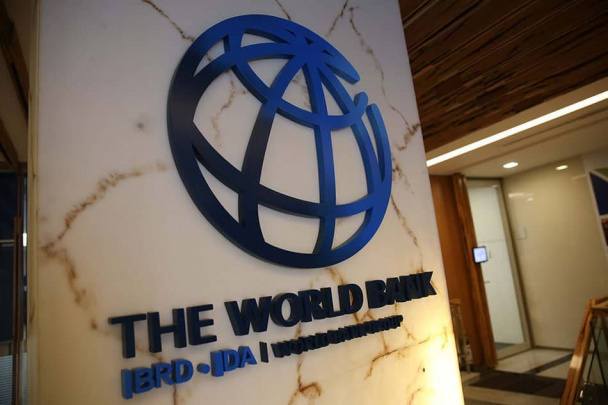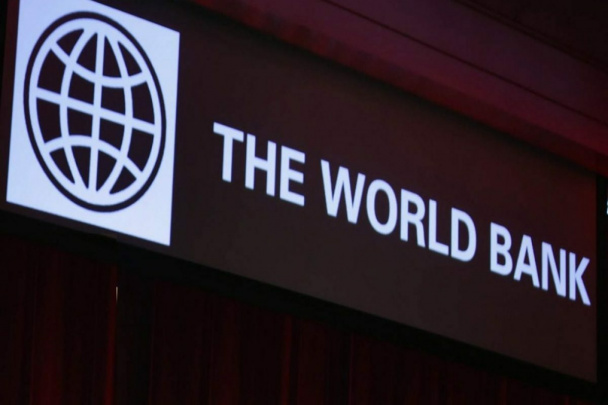WB allocates $74 million to Uzbekistan to help develop preschool education

Photo: Getty Images
The World Bank Board of Directors approved a project aimed at improving the quality and access to preschool education in Uzbekistan.
The project “Promoting Early Childhood Development” in the amount of $73.85 million is funded by an International Development Association loan of $59.5 million, as well as grants from the Global Partnership for Education (GPE) and the Global Partnership for Results-Based Approaches (GPRBA) in the amount of $14.35 million.
Despite the high level of public investment in the preschool education system in Uzbekistan, only 29% of children aged 3 to 7 years attended preschool institutions in 2017. This indicator is extremely low compared to other countries. The conditions of education in preschool institutions throughout the country also cannot be called optimal. In particular, there is an acute shortage of teachers, and most of them have only secondary vocational education.
“Investing in children's early education is one of the most effective ways to develop human capital, which in turn will stimulate economic growth in the country,” said Hideki Mori, head of the World Bank’s office in Uzbekistan. “The government of Uzbekistan is aware of the importance of this issue, and the new project will assist in the implementation of its plans to provide more affordable and high-quality preschool education.”
It is expected that the project will stimulate the development of public-private partnerships through an innovative financing mechanism in the form of social impact bonds. As part of this model, up to 140 private pre-school institutions located in urban areas of Uzbekistan will provide relevant educational services to the population. This will allow the government to direct the released funds to the development of preschool institutions in rural areas of the country.
The World Bank supports Uzbekistan through 21 projects, totaling over $3.5 billion, in addition to several analytical and advisory services. These activities contribute to the country’s overall economic growth through the implementation of macroeconomic reforms, improvements of agriculture and water resources management, energy, transport, healthcare, education, urban development, and water supply and sanitation services.
Recommended
List of streets and intersections being repaired in Tashkent published
SOCIETY | 19:12 / 16.05.2024
Uzbekistan's flag flies high on Oceania's tallest volcano
SOCIETY | 17:54 / 15.05.2024
New tariffs to be introduced in Tashkent public transport
SOCIETY | 14:55 / 05.05.2023
Onix and Tracker cars withdrawn from sale
BUSINESS | 10:20 / 05.05.2023
Latest news
-
Catering businesses in Uzbekistan demand compensation for power outages
SOCIETY | 19:28
-
Abdulaziz Kamilov takes charge as Presidential Advisor on Foreign Policy
POLITICS | 19:26
-
Sardor Umurzakov appointed Presidential Advisor on Strategic Development
POLITICS | 19:25
-
Former Education Minister Hilola Umarova becomes Deputy Head of Presidential Administration
POLITICS | 19:16
Related News

17:16 / 02.07.2025
World Bank: Uzbekistan needs more exports, less state control to sustain growth

13:03 / 25.06.2025
World Bank provides $150M loan for Uzbekistan’s small hydropower expansion

20:13 / 12.06.2025
World Bank raises Uzbekistan’s 2025 growth outlook amid regional slowdown

15:10 / 21.05.2025



